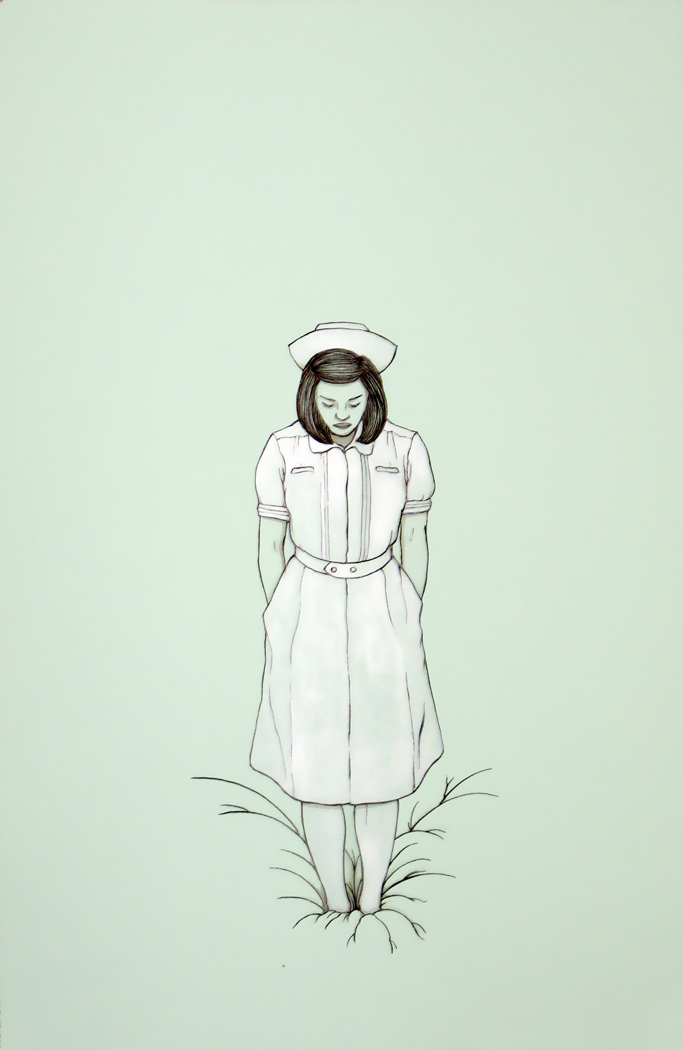
My hospital is around the corner from Gucci, Coach, and the Apple Store. (Swank huh?) I’m sure sneaky shoppers try to park in the hospital garage at patient rates. It’s the front desk staff’s job to make sure they don’t.
A few years back, I had a particularly horrible post-surgery appointment: The doctor was great but the news was bad. It took three hours and involved an unexpected and painful biopsy of newly found tumors. The doc explained why the samples looked extremely suspicious of cancerous.
Shannon and I were crushed, our minds fried, our bodies exhausted. We waited in line for the elevators, made it down to the lobby, and waited in another line for parking validation. “I can’t do your ticket. I need to see that you were at a doctor’s office. Go upstairs and get them to initial a blue slip,” the front desk woman said while multitasking on her cell phone.
We know the parking routine well, but we totally spaced this time. I pointed to my fresh, turtleneck-sized bandage. “Ms., I just had a surgical procedure. I’m a cancer patient in a lot of pain and need my husband to get me home fast. I don’t think I can make it back upstairs. Can you call my doctor’s office for verification?” No. She would not budge.
As Shannon began the trek back to the doctor’s office, I told her to get a job where compassion is not needed, where she doesn’t have to think too hard or interact with cancer patients. I dropped plenty of F-bombs into my statement.
Yesterday was Yom Kippur, the Jewish holiday where you atone and ask for forgiveness. This incident came to mind, even though it was a few years ago.
Living with an incurable illness can be infuriating. My mother always says honey goes farther than vinegar. And she’s right. But I’m human and have my breaking points. Especially when it comes to inefficiency or stupidity in the medical system. The perfect, ethical, Girl Scout side of me says two wrongs don’t make a right and there are appropriate ways to direct my anger. But the realistic side of me says cancer sucks, and if you are going to act like a total idiot to me on a really bad day, I might act like one back and not feel too badly about it.
Have you ever gone off on a medical worker? Did you feel justified? Did you ever apologize? Do you think I should have apologized?
![]()
![]()

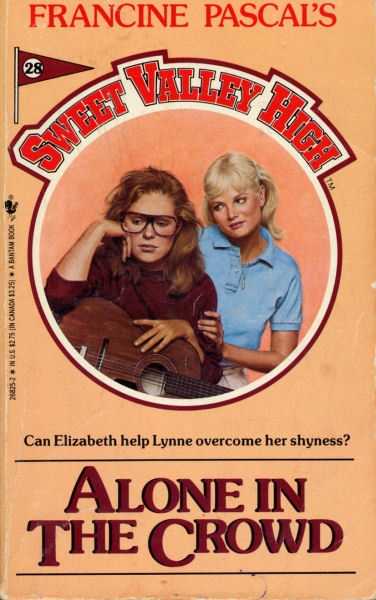
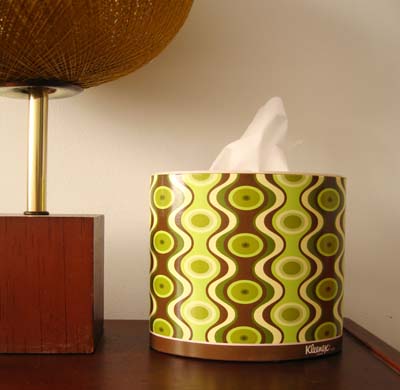

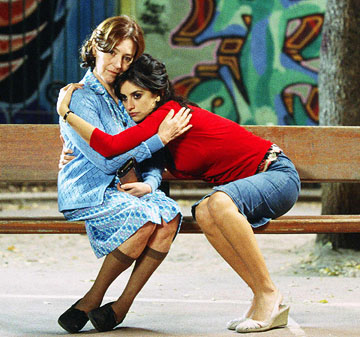
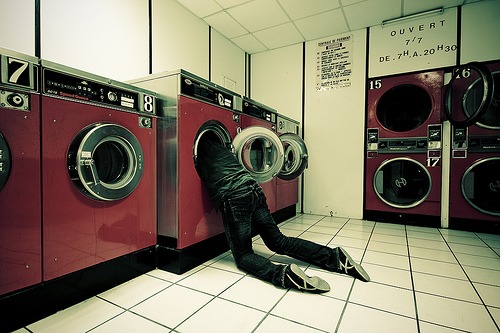
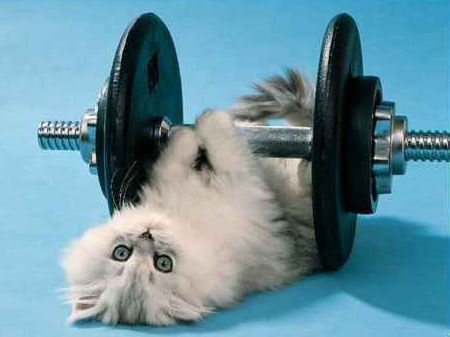
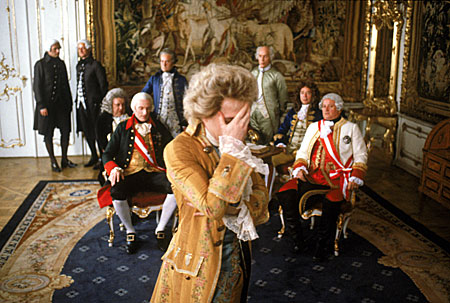

 “Everything Changes is, without doubt, the most forthright, emotionally sophisticated, and plain-old valuable book of its kind I've seen.”
“Everything Changes is, without doubt, the most forthright, emotionally sophisticated, and plain-old valuable book of its kind I've seen.”












